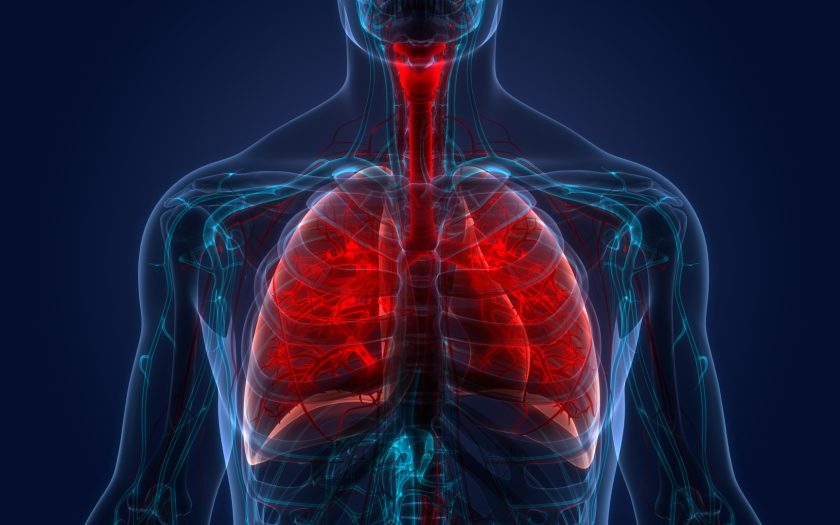Myth 1: With this disease, you just need to lie down and not overexert yourself.
This is one of the common myths, but it’s not entirely correct. Some people believe that when they are ill, the body should be in complete rest, and even minimal physical activity can worsen the condition. However, this is not always the case, and the approach to treatment should be more balanced. Light physical exercises, such as short walks outdoors or stretching, can be beneficial for improving breathing and strengthening the immune system. Furthermore, active rest can help prevent blood stagnation and muscle pain, which may occur from prolonged bed rest. Extended immobility can also lead to muscle weakness and may contribute to depression or anxiety due to limited social interaction. Of course, if you have a severe disease, you should reduce your activity, and in case of severe symptoms, you should rest completely, but without strict restrictions. Only in combination with proper treatment, balanced nutrition, hydration, and moderate physical activity can the body recover more quickly and overcome the infection.
Myth 2: Treatment can be easily chosen without visiting a specialist.
Many people believe that when they have a cold or viral infection, they can choose treatment on their own using folk remedies. However, this is not the right approach. When a person decides to choose treatment on their own, it may lead to side effects or complications. Additionally, many people fail to consider possible allergic reactions, individual characteristics of their body, or the presence of chronic conditions, which can complicate the course of the illness. Specialist can accurately assess your health condition, determine the type of infection, and prescribe effective treatment (for example Bactrim DS, Ceff, Rilexine) that will prevent complications and ensure a speedy recovery.
Myth 3: During this illness, you can consume alcoholic beverages because they even help you recover.
This myth is quite common, but in reality, consuming alcohol can worsen the condition and slow down the recovery process. Many people believe that alcohol has antiseptic properties or that it can help overcome the illness faster, but this is false. Alcohol not only does not help in fighting the infection, but it can also create additional problems for the body. Moreover, alcohol disrupts the body’s fluid balance, which can lead to dehydration. During illness, it is important to maintain proper hydration, as fluids help eliminate toxins, which is crucial for speeding up recovery. Excessive alcohol consumption can also impair attention, coordination, and cause confusion, making it harder for a person to assess their condition accurately. It is also important to understand that alcohol should not be combined with medication, as this can lead to unpredictable reactions or reduce the effectiveness of treatment. Therefore, it is better to avoid drinking strong alcoholic beverages during a treatment to prevent worsening your condition.
Myth 4: Anyone who comes into contact with a sick person will inevitably get sick.
This is a fairly common myth, but it is not entirely true. Infection is not always transmitted from a sick person to a healthy one. Much depends on how the contact occurred: whether simple hygiene rules were followed, how closely the person was in contact with the sick individual, and whether the infected person had symptoms at the time of contact. Viruses and bacteria do not always spread so easily, and many people can remain healthy even after close contact with the sick. Moreover, for many people, an upper respiratory infection may be asymptomatic or mild, which also reduces the likelihood of transmitting the disease. Such individuals may not even know they are infected and thus do not pose a threat to others. If you are certain that someone in your environment is sick with this condition, it is important to follow hygiene rules and monitor your own health.

